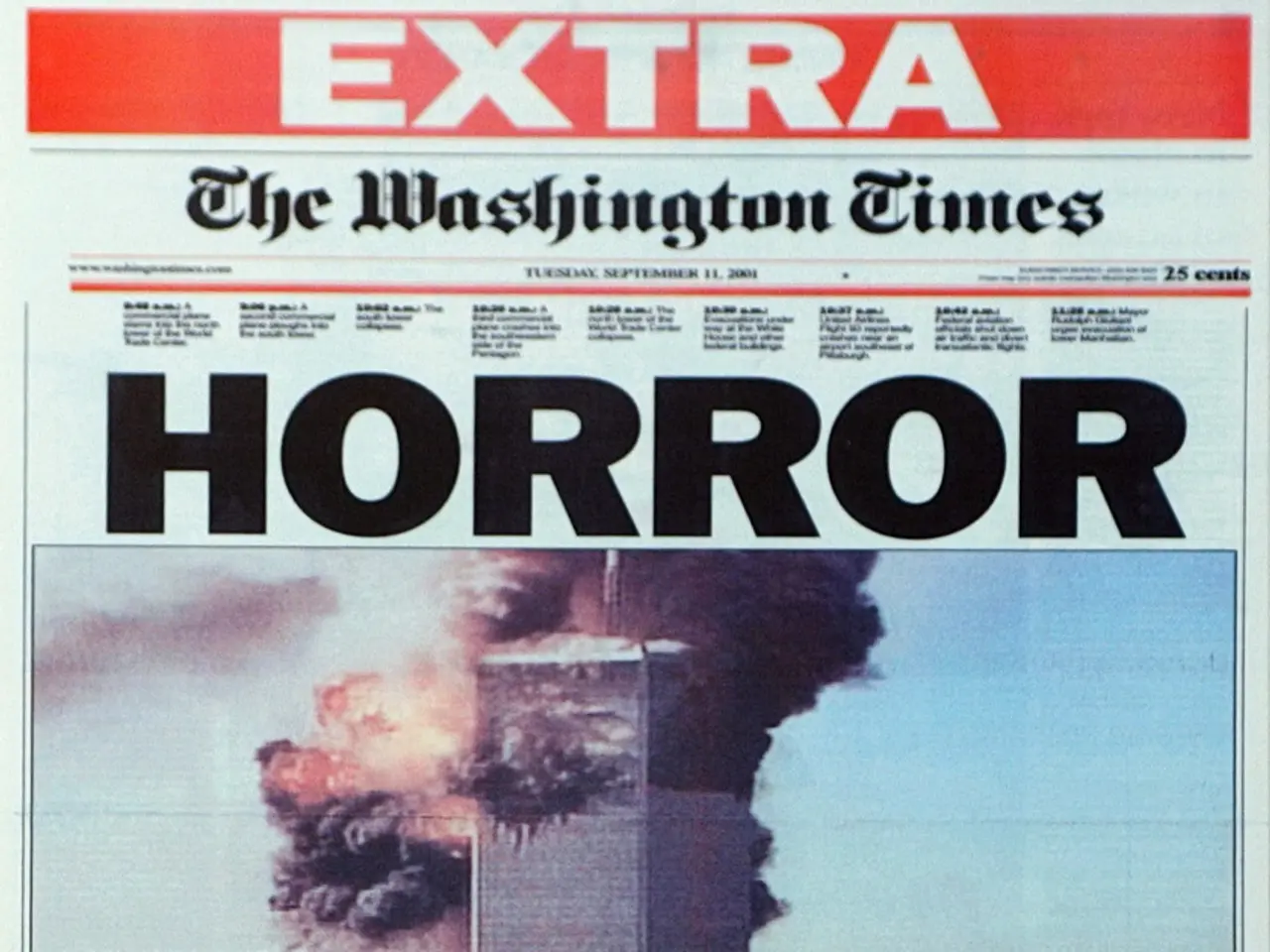The determination of the stock market's direction, whether it plummets or surges, hinges on these factors.
Amidst conflicting signals from the bond and stock markets, the question of whether we will witness a stock market rally or crash is a hot topic of discussion among economists, with Torsten Sløk leading the conversation. The decision hinges on several key factors.
Firstly, the contrasting signals from the stock and bond markets themselves are causing uncertainty. While the bond market, often considered the "adult in the room," points to stagflation risks and economic slowdown due to factors like tariffs, the stock market has rebounded strongly, seemingly disregarding some of the negative economic developments.
Secondly, tariffs and trade policy are a major concern. Economist Torsten Sløk highlights tariffs imposed in recent years, particularly under the Trump administration, as a significant factor driving stagflation—a dangerous combination of slow growth and rising inflation. Tariffs increase import costs, reducing consumer purchasing power and hurting corporate earnings growth forecasts.
Thirdly, earnings growth expectations are playing a crucial role. Stock market optimism is partly driven by anticipated strong earnings beats, even as economists like Sløk warn about slowing GDP growth and rising costs. Despite this, equity analysts expect earnings growth to pick up, supporting stock prices despite macroeconomic headwinds.
Fourthly, inflation and central bank policies are also significant determinants. Inflation is expected to rise in coming months, driven in part by tariffs and supply chain disruptions. Central banks may respond by tightening monetary policy, which could push bond yields higher and potentially cause a market correction in stocks.
Lastly, market concentration and sector risks are a concern. The stock market rally is heavily concentrated in a few tech giants, posing systemic risks to market breadth and diversification. If these companies falter, a broad market crash could follow.
Investors and economists are closely watching earnings seasons, tariff developments, inflation data, and bond market signals to gauge which scenario will dominate. According to investment bank UBS, everything points to a continuation of the rally. However, the ultimate outcome remains undecided, with the coming earnings reports set to be pivotal. If corporate earnings remain strong despite tariffs and inflation, the stock market rally may continue and prove economists’ stagflation concerns wrong. Conversely, if earnings disappoint or inflation forces aggressive rate hikes, the bond market’s bearish signals may prevail, leading to a stock market correction or crash.
For those interested in learning more about the potential growth of stocks, further information can be found here: Do stocks & the stock market still have massive room to grow? That's what analysts say now. The question of whether there will be a stock market rally or crash is currently undecided, but the upcoming months will undoubtedly provide answers.
Finance plays a vital role in determining the future of the stock market, as investors closely watch earnings season, tariff developments, inflation data, and bond market signals to gauge whether the rally or a potential crash will dominate. In the context of the recent economic struggles and tariffs, investing wisely in stocks hinges on understanding how factors like inflation, central bank policies, market concentration, and sector risks will impact earnings growth and the overall market.




